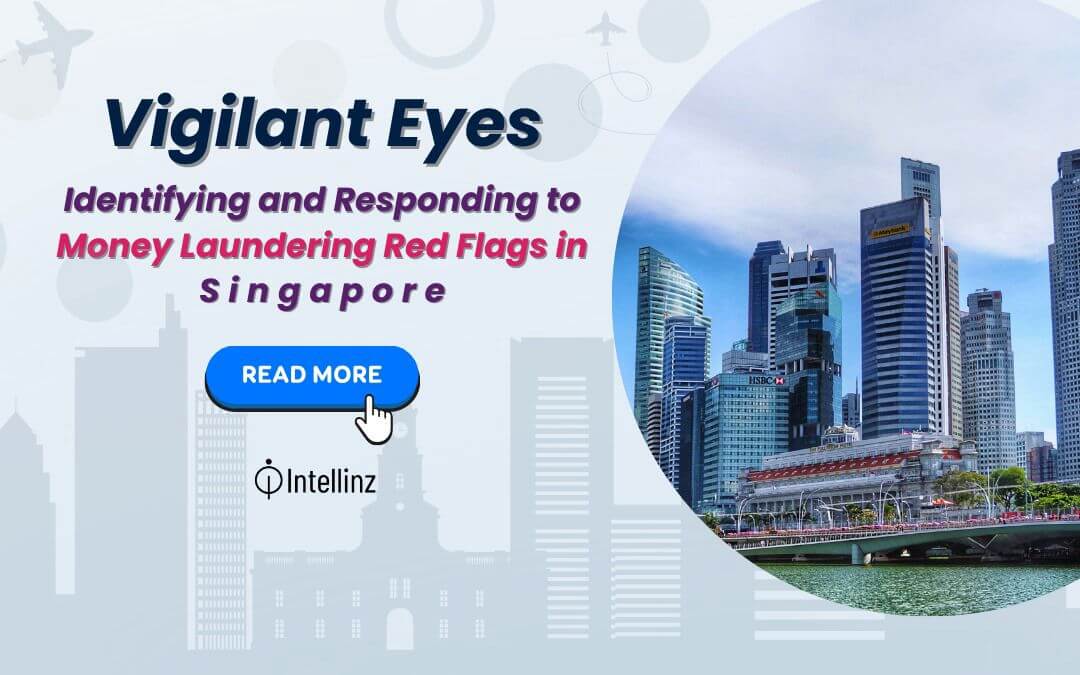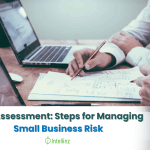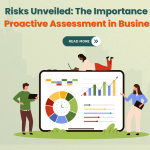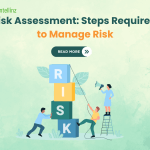Singapore has a highly developed market economy that has always relied on extensive international trade. The country’s economy is considered free, innovative, dynamic, and business-friendly.
Since Singapore attracts a large number of international investors and entrepreneurs, the country has taken a proactive approach to anti-money laundering (AML) and fraud prevention. However, as with every jurisdiction, barriers and issues remain, and authorities are continually striving to improve the effectiveness of their AML system.
So, in this article, we’ll go over how to identify and respond to money laundering red flags.
Understand Singapore’s AML Laws and Regulations
Singapore’s principal AML regulation is the Corruption, Drug Trafficking, and Other Serious Crimes Act 1992 (CDSA). The Act outlines the obligations of government officials and establishes standards for anti-money laundering, including reporting procedures and criminal penalties.
In 2019, the government passed the Payment Services Act (PSA), which went into force in January 2020. The Act supersedes two previous laws and establishes regulatory requirements for payment service providers.
The Monetary Authority of Singapore (MAS) is designated as the entity in charge of payment compliance by the PSA. The MAS is also in charge of pursuing money laundering claims within the country’s financial institutions. Every 18 months, the agency also releases a report on its enforcement activities.
Perform a thorough Customer Due Diligence
Customer Due Diligence (CDD) is an essential component of anti-money laundering (AML) compliance in Singapore.
Financial institutions and other reporting organizations must develop and maintain effective CDD processes to verify their customers’ identities, understand the nature of their business relationships, and assess the risk of money laundering or terrorism financing.
Financial institutions and reporting entities can perform rigorous customer due diligence, which contributes to effective AML compliance and the prevention of illicit financial transactions.
Be Alert of High-Risk Transactions and Unusual Business Relationships
Paying additional attention to transactions involving high-risk countries or areas is an essential component of anti-money laundering (AML) and counter-terrorist financing (CTF) activities. Financial institutions must implement enhanced due diligence (EDD) steps when dealing with customers or transactions related to jurisdictions recognized as high risk.
By using a risk-based approach and applying specific procedures, financial institutions can successfully control the risks associated with transactions involving high-risk countries or areas.
Moreover, financial institutions’ ability to recognize and evaluate business partnerships that appear anomalous or lack a clear economic purpose is a vital component of anti-money laundering (AML) and counter-terrorist financing (CTF) initiatives.
Coordinate With Authorities
Collaborating with authorities is an important part of preventing money laundering in Singapore since it leads to a more effective and comprehensive approach to combating financial crimes.
Collaboration with Singaporean authorities is essential for establishing a united front against money laundering. Financial firms and regulatory agencies can combine their strengths to create a more resilient and adaptable framework for preventing and combatting financial crimes.
In Summary
Identifying and responding to money laundering red flags in Singapore requires a thorough approach to detecting suspicious activity and taking fast action. Businesses and financial institutions in Singapore can strengthen their defenses against money laundering by combining proactive detection with prompt and informed actions, thereby contributing to the financial system’s integrity. Regular updates, teamwork, and adherence to regulatory rules are required to sustain effective anti-money laundering practices.






